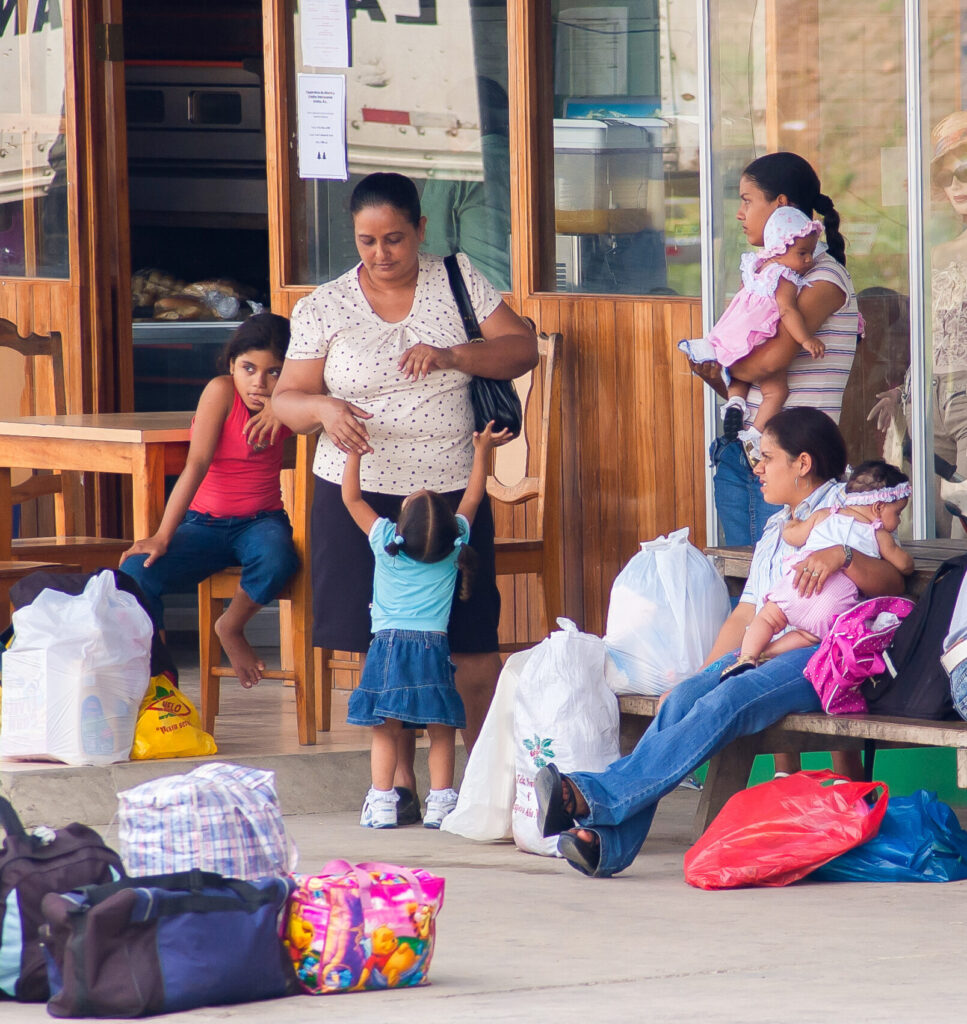
Though U.S. citizens and residents received economic support following passage of the CARES Act in spring of 2020, undocumented and mixed-status households were left behind. To bridge this assistance gap, state and local governments across the U.S. have partnered with community-based organizations (CBOs) to establish cash transfer programs to support these populations during the pandemic.
This report provides practical guidance to municipalities considering or currently operating direct cash assistance programs. It is based on insights from in-depth, semi-structured interviews conducted by CFI with 12 program administrators representing seven cash assistance programs.
We identify and detail practices for defining target beneficiaries, establishing eligibility criteria, conducting outreach, onboarding recipients, and disbursing funds. This report also highlights the relative advantages and disadvantages of different approaches at each step of the process.
The insights here may also be of interest to organizations advocating for and supporting the rights of undocumented populations, students and academics, and anyone interested in access to financial and public services for all members of U.S. communities.











